Welcome to !Hola Papi!, the advice column where John Paul Brammer helps people work through their anxieties, fears, and life's queerest questions. If you need advice, send him a question at holapapiletters@gmail.com.
!Hola Papi!
I'm writing with a Miranda Priestly "groundbreaking.gif" problem: I act more masculine in certain settings, especially around new people and at work (having just started a new job in a new city, it's been bubbling to the top of my mind lately).
To be fair to myself, I went through conversion therapy, where a big part of my experience was being conditioned to act more masculine. I've made a lot of progress since coming out, but it still really bothers me. I often feel like I can't truly be myself with people, especially romantic/sexual prospects, because they signed up for the more masc version of myself I presented at first brush.
Most importantly, I can't shake the feeling that, as a cis gay man living in one of the most progressive environments one can imagine and who's a centrist on the masc/fem spectrum (a Kinsey Kamala, one might say), I'm failing myself and my queer forbearers by shrinking when so many others can't/couldn't. Anyway, Papi, I'm clearly screwed up. Do I just need to grow up and get over it?
XO,
Code Switches Get Stitches
Dear Stitches,
I want to start by telling you how much I love the way you ended your letter. I think it would be hilarious if I told you to just suck it up and wear a blouse, like I'm some kind of bigoted queer dad with a masc son who'd rather play sports. "Put that football down, young man, I told you we were ranking the Met Gala looks tonight! Do you even know what camp is?"
Ugh.
Anywho, there's a lot going on here, so let's jump in. First off, put what your friends and potential romantic partners might think out of your head. They hopefully didn't "sign up" to be involved with you because of how you dress or how butch your voice is. If they did, then those are people you need to ditch anyway. Good friends give us space to grow and change.
But, and I could be wrong about this, I don't think that's what you're actually worried about. Especially if you live in an environment as progressive as you describe. I think you're more worried about what you will think of you if you were to express yourself the way you want to, because you've been conditioned to be ashamed of those desires and to see them as humiliating, threatening, or less-than. That's not me blaming you or dismissing you. Ultimately, I think making peace with yourself is harder than dealing with disapproving glances here and there. We tend to be our own final bosses in life, Stitches.
Let's also dispel the notion that you not painting your nails or failing to wear a crop top is going to shift the balance of queer liberation. You don't "owe" it to anyone to present a certain way, and I don't think presenting as masculine or feminine is either inherently radical or regressive. Don't get me wrong. Seeing people out in the world being the kind of person you don't feel brave enough to be is important. Sacred, even!
But the goal isn't to replace one pressure with another. The goal is to deconstruct the limits that cis-heteronormativity has taught us to set around our imaginations, to find ways of existing and moving through the world that bring our bodies and the way we present them into closer alignment with our truth. It's an impossible goal, but in striving for it, we can become more complete, more fulfilled human beings.
It's also a goal that stands in opposition to how we're taught to see ourselves. Conversion therapy is one particularly violent form of that education. But most of us, to some degree, receive the core lesson: failure to comply with the norms will result in punishment. People will mock you. People will reject you. Sometimes, and this is especially true for those who radically depart from conventional gender roles, people will even kill you. It's not uncommon for queer people to have a heightened sense of spatial awareness for this reason, a second set of eyes that keep a lookout for danger.
Living this way, enduring these experiences, obviously results in trauma, and trauma lives in the body long after the immediate threat has departed. I think this is where a lot of internalized homophobia comes from, even if we aren't aware of it. It's fear. And as much as I'd like to tell you otherwise, that means being openly queer does require a certain amount of bravery. You will, at times, in pursuit of yourself, have to be brave.
So my advice is: start. Start small, even. Try something you haven't tried before: a new lip color, some highlight, a swishy walk, subtweeting the Fab Five from Queer Eye. Something! Think about what you want, who you want to be, and take a step toward that person, whatever that looks like for you. If you try it and you're uncomfortable, investigate why. If you decide you just don't like it, that's also OK. And if you feel bad about being a cis gay guy who's letting down your queer forbearers, donate to a trans cause, like the National Center for Transgender Equality or Casa Ruby. They're on the frontlines of the struggle you describe.
Oh, and don't be too hard on yourself for code-switching, Stitches. Most marginalized people will tell you it's a part of surviving this life. I do it all the time. Sometimes just for fun. I told a taxi driver I had a girlfriend named Brianna the other day for no reason, just for the cosplay of it all. I don't even think he cared one way or another.
Whatever. I'm rooting for you, Stitches! Good luck on your way.
Your Bigoted Queer Dad,
Papi


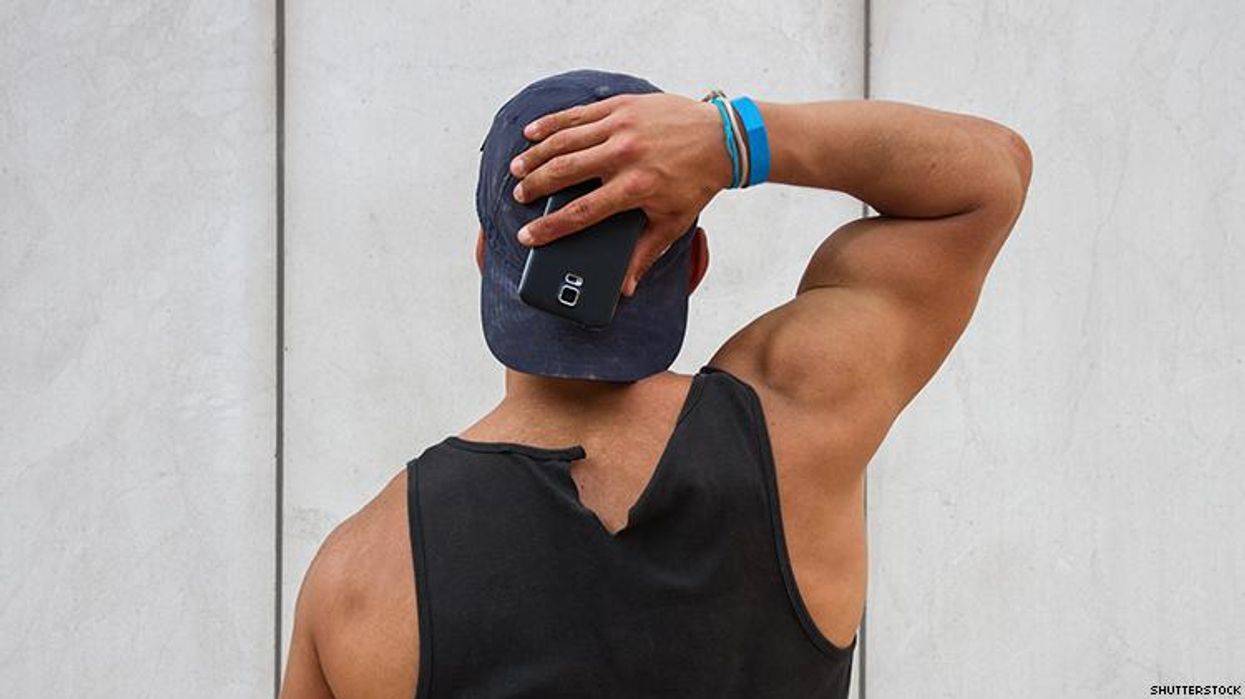
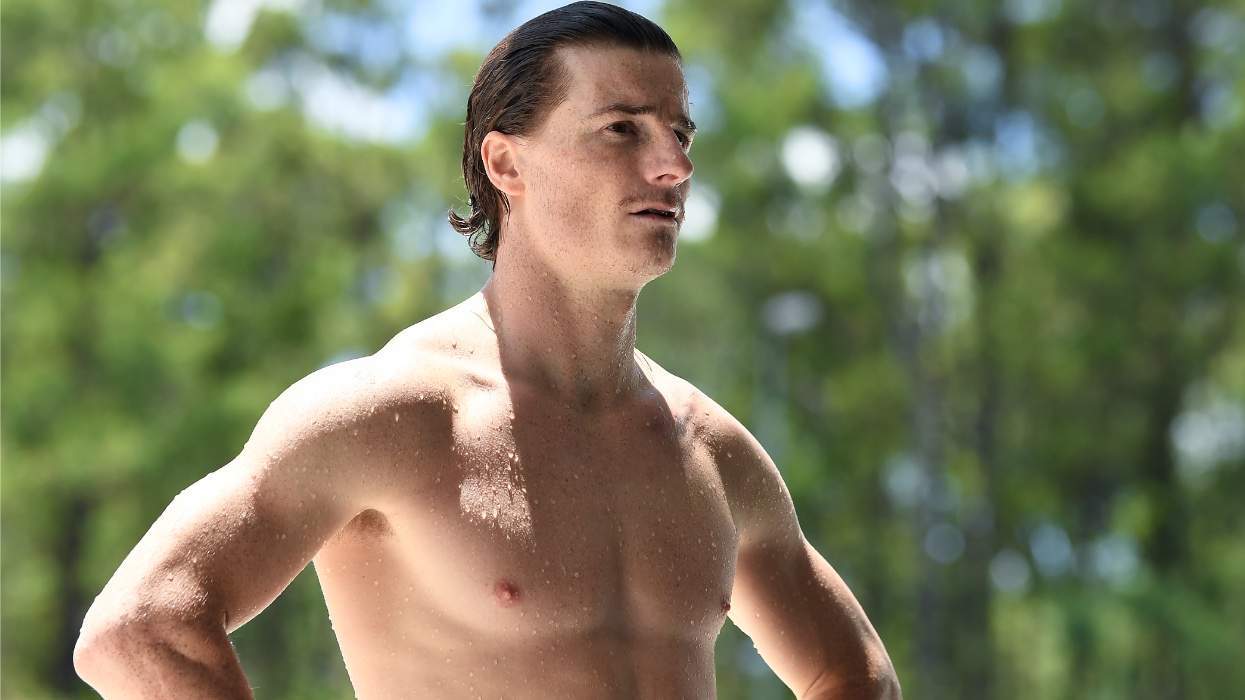
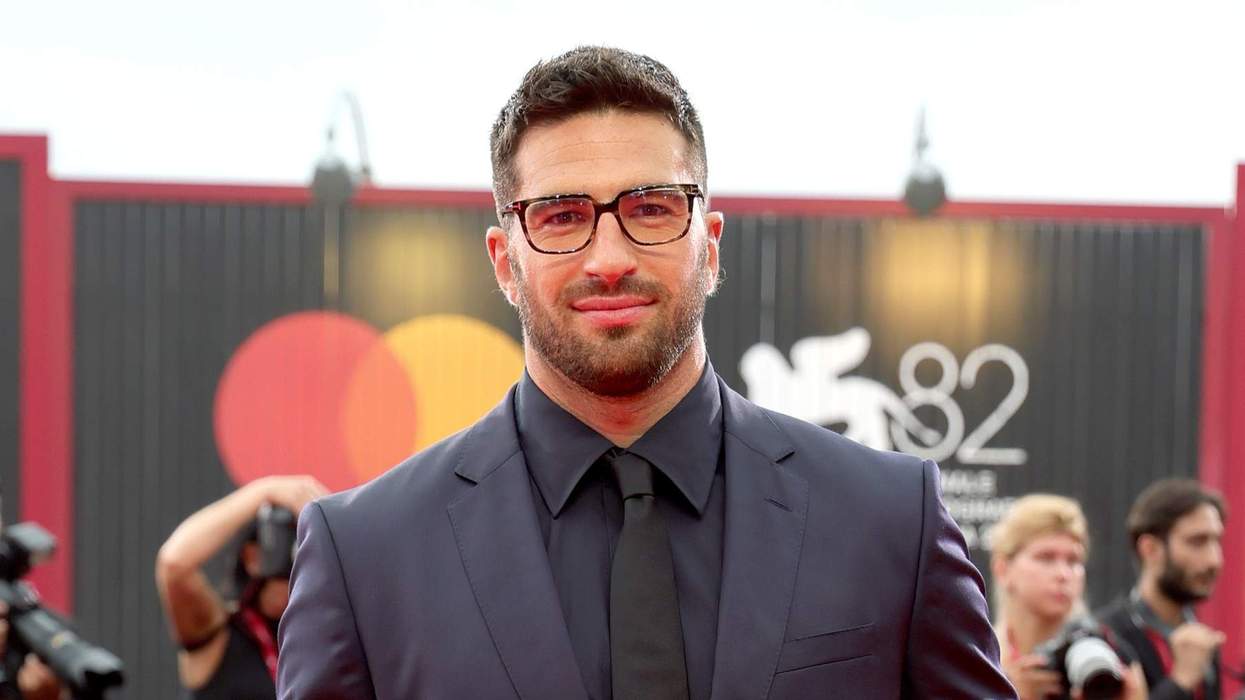


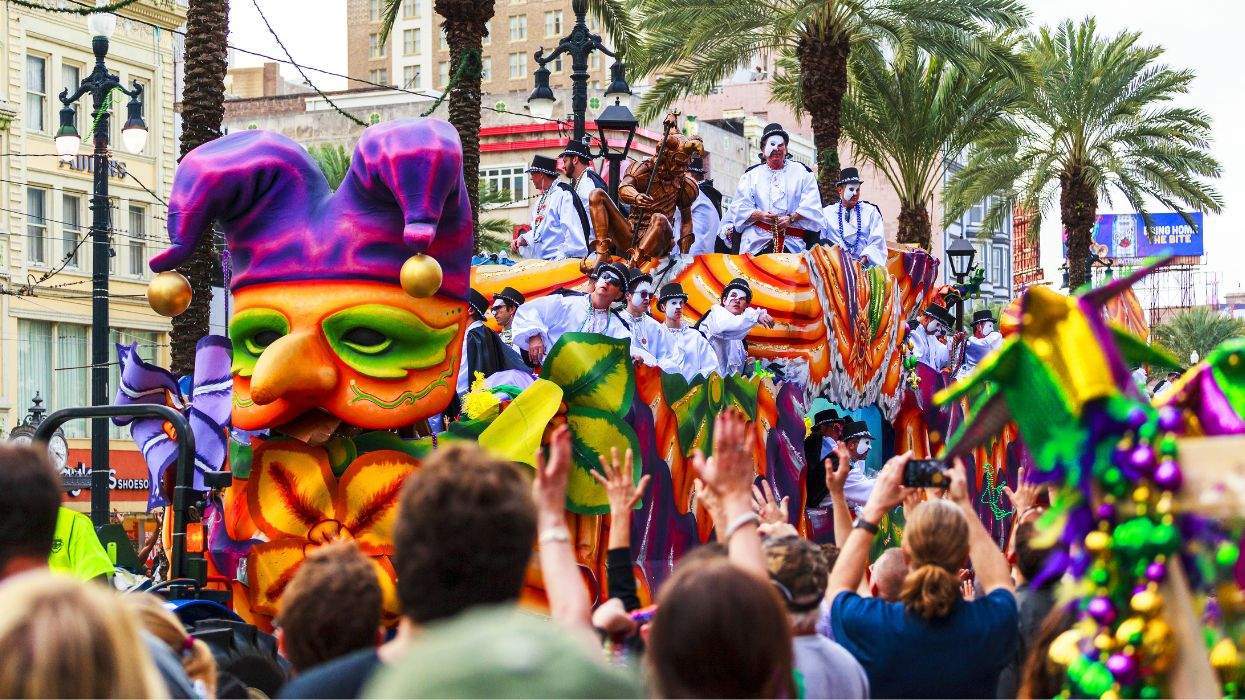
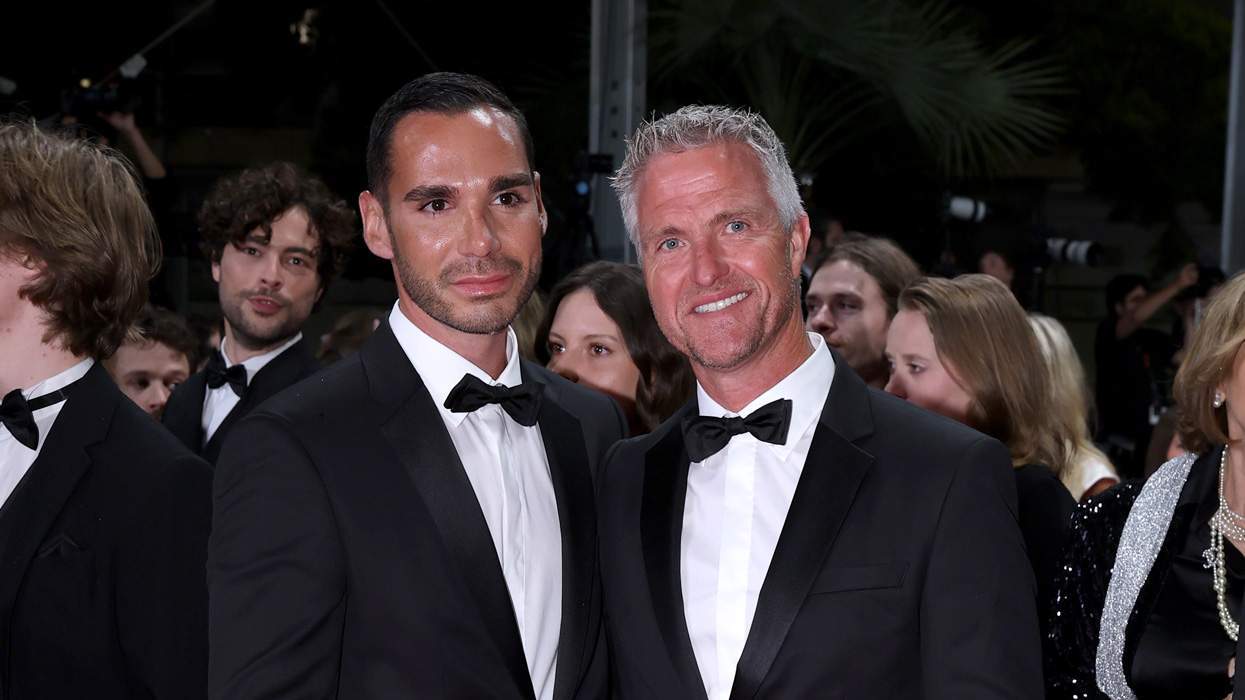
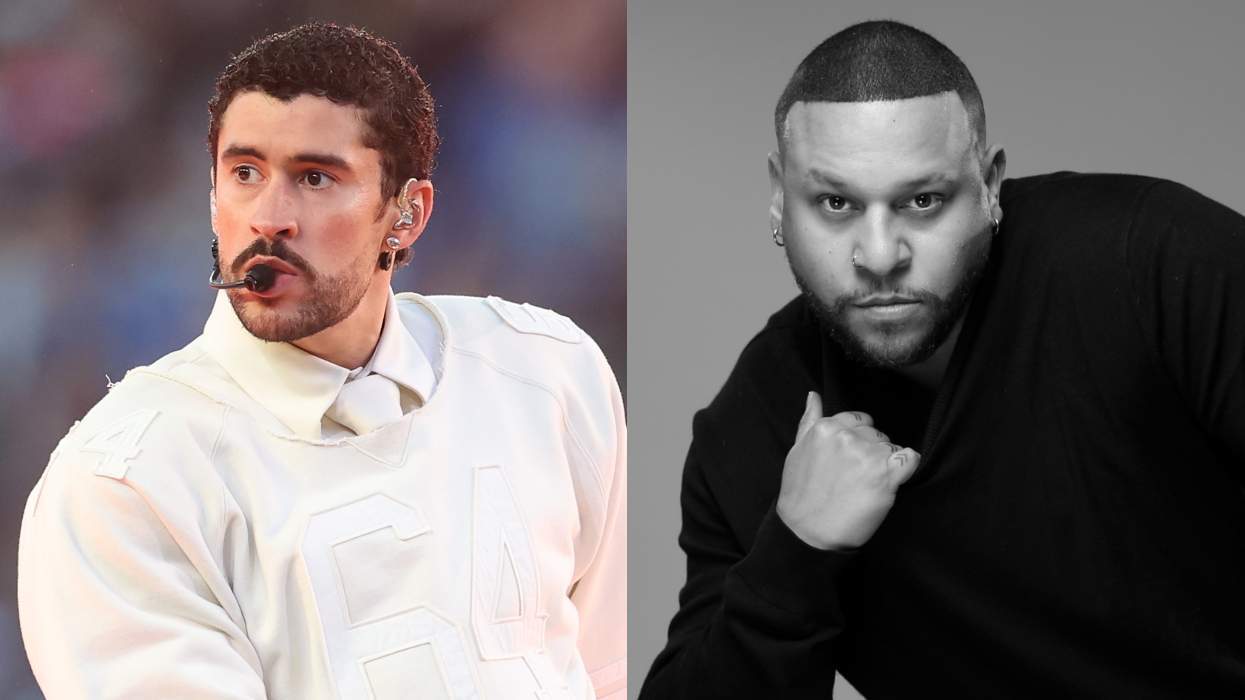
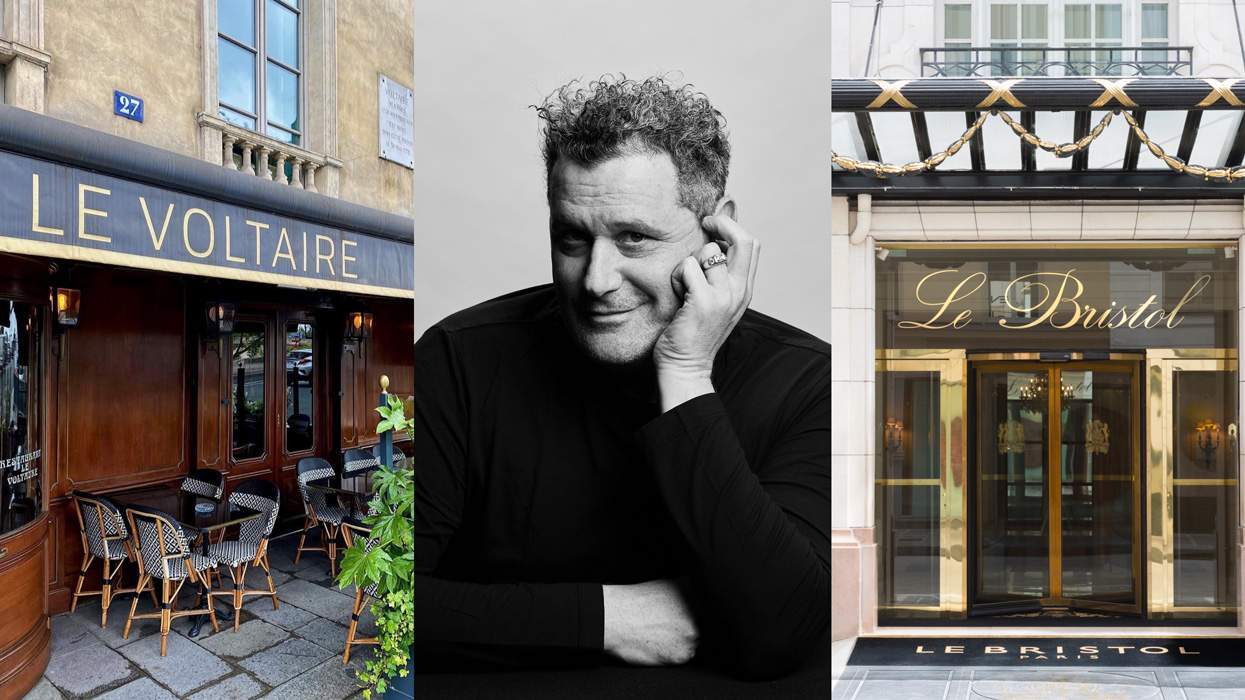

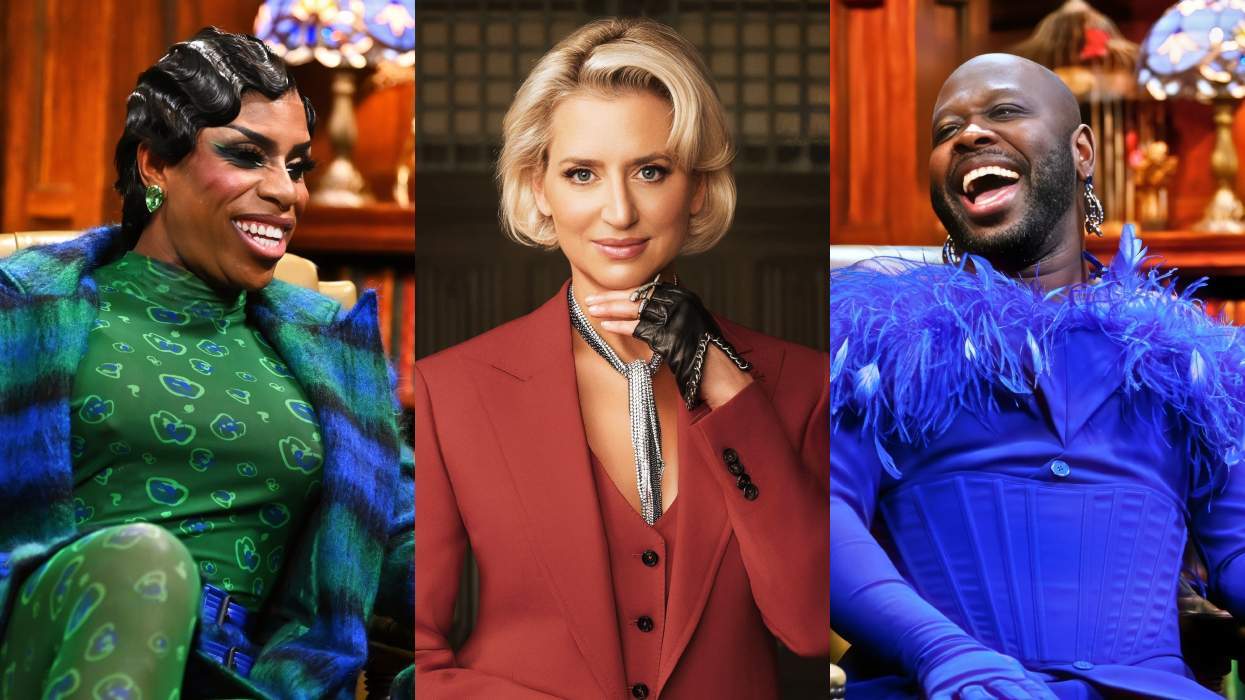







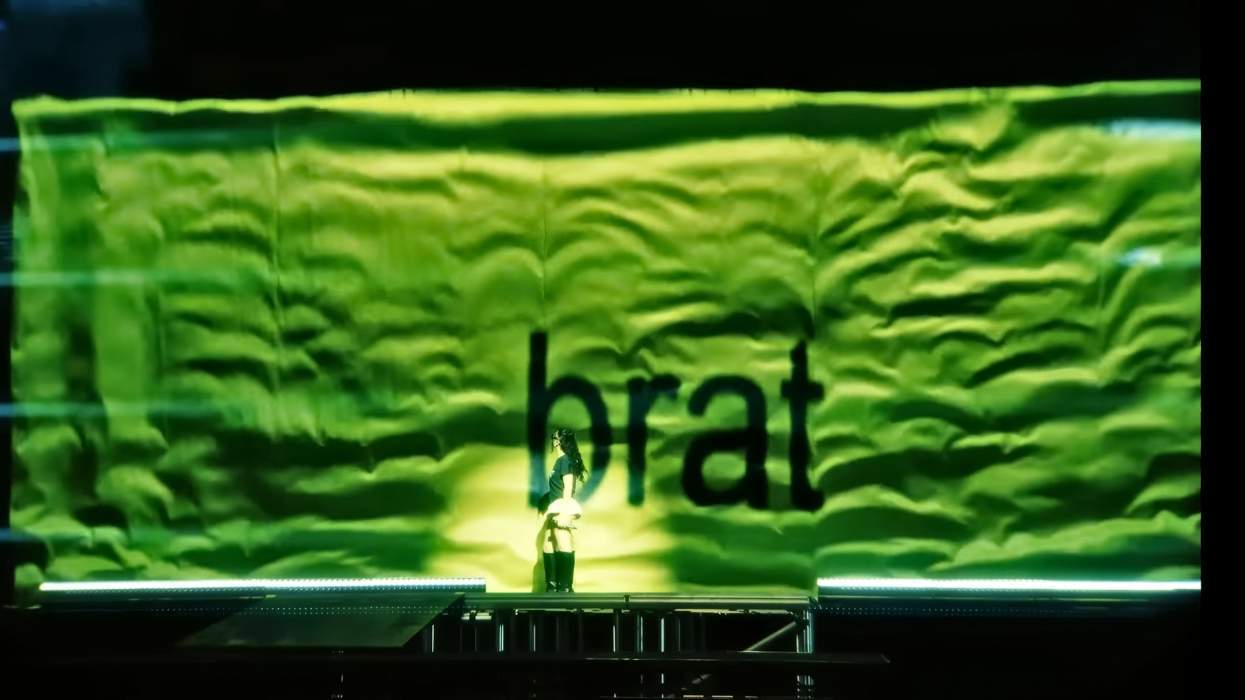
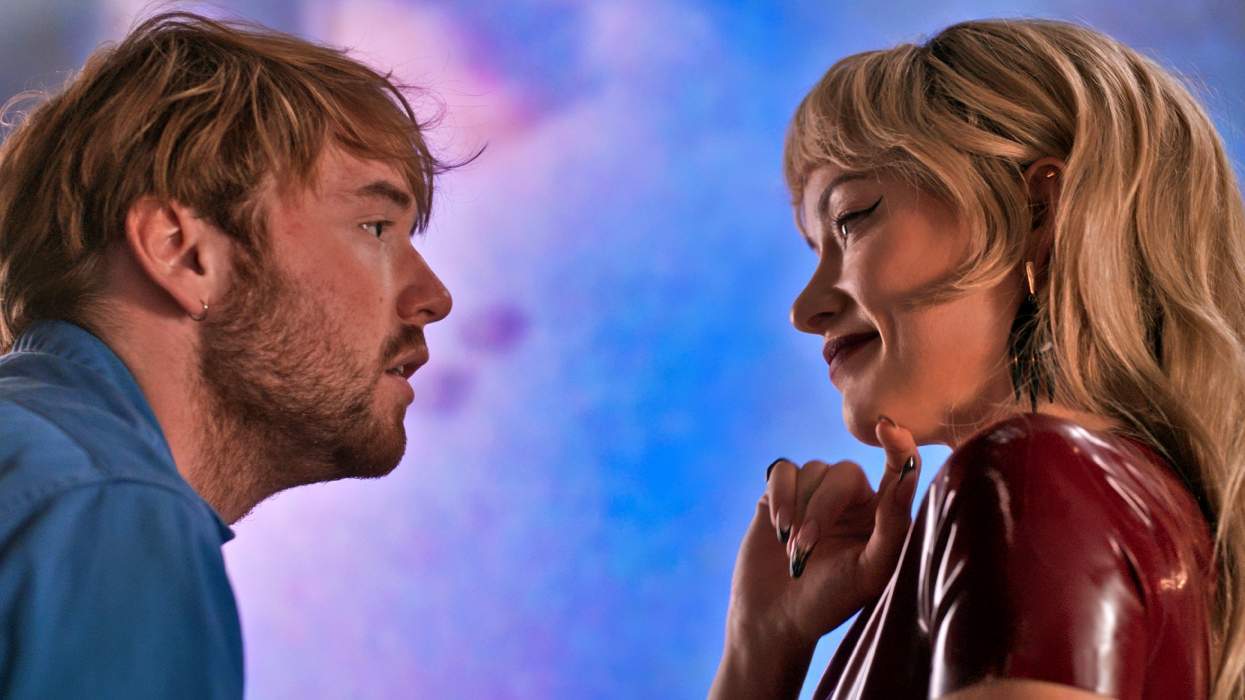
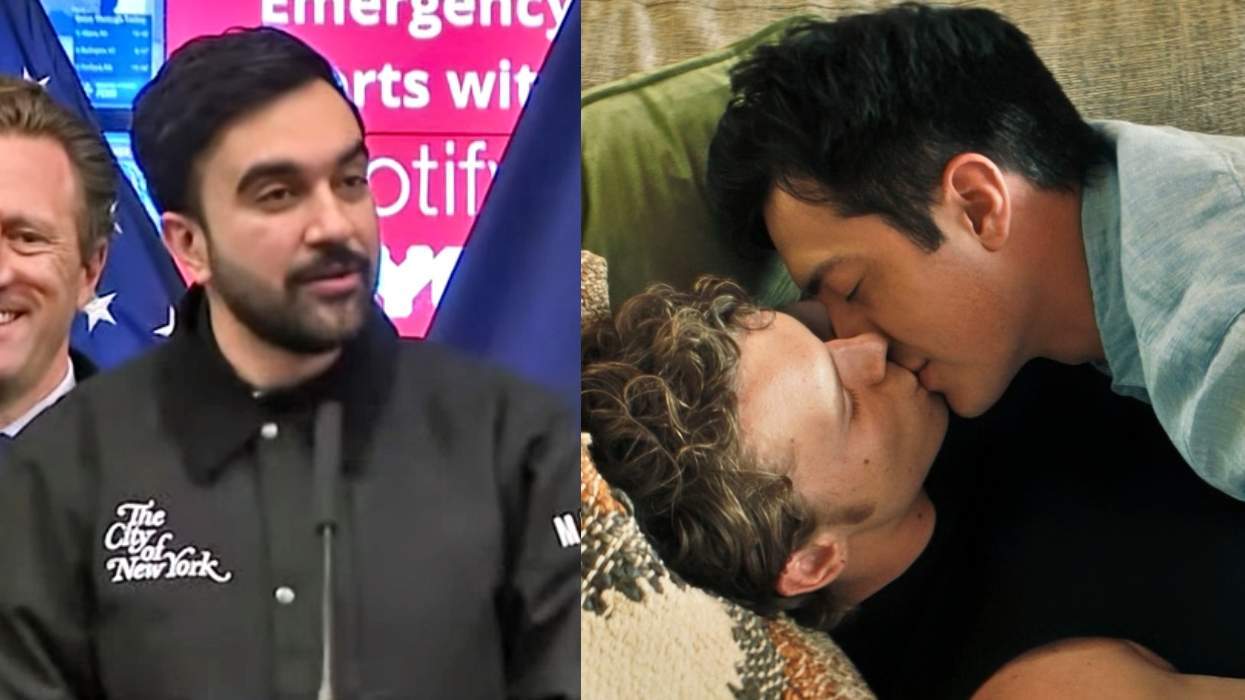
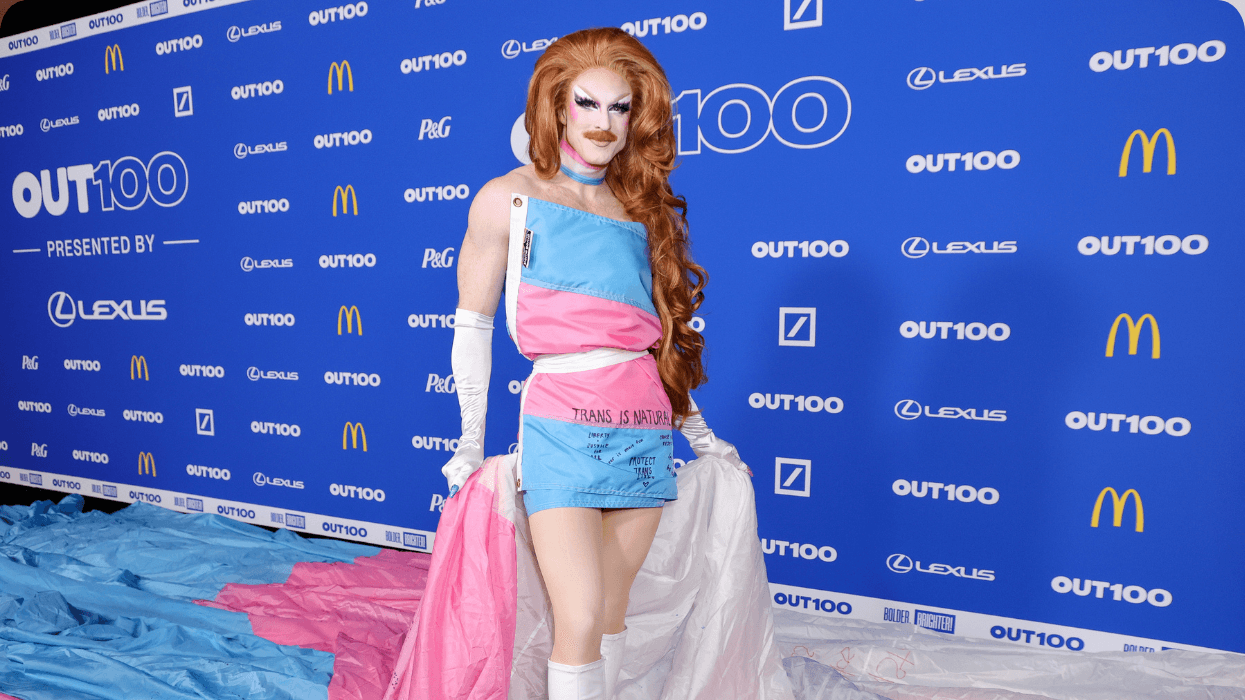
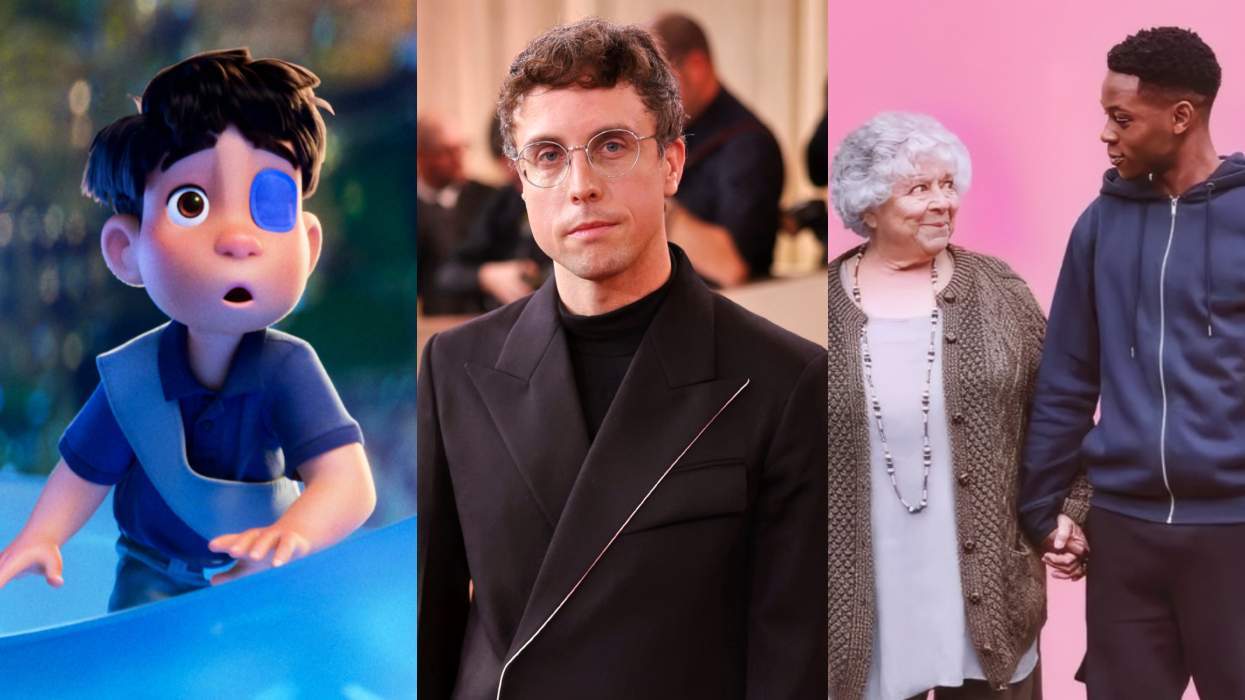
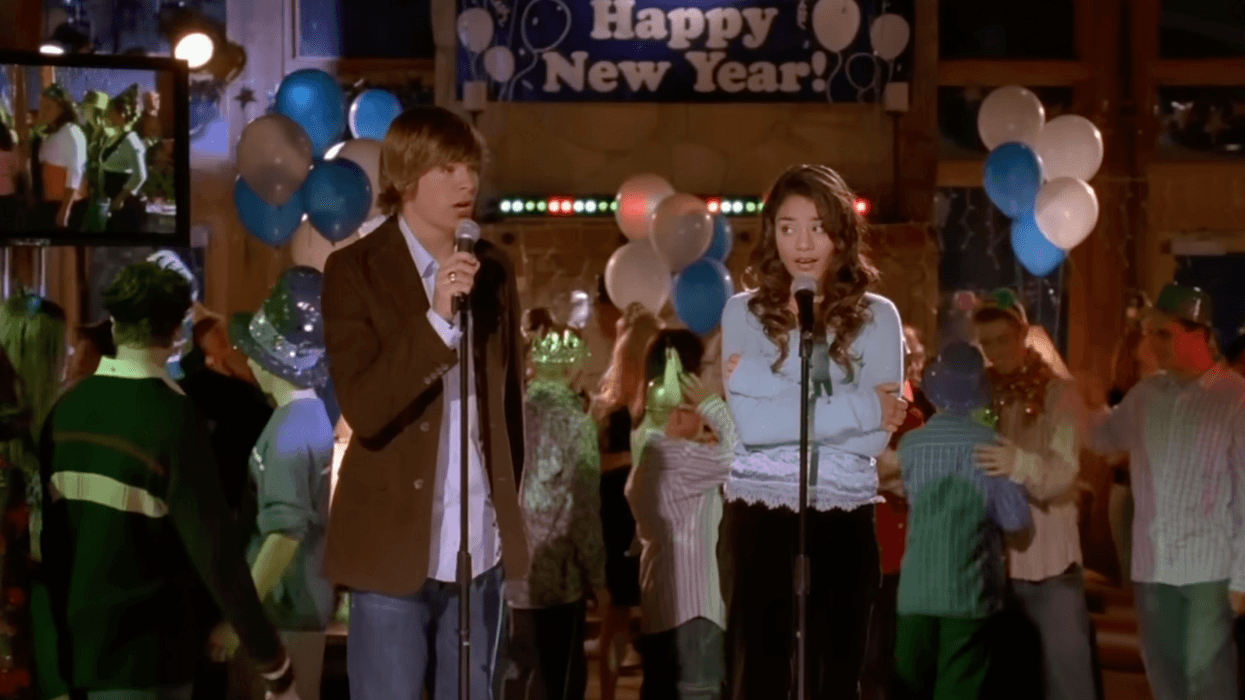
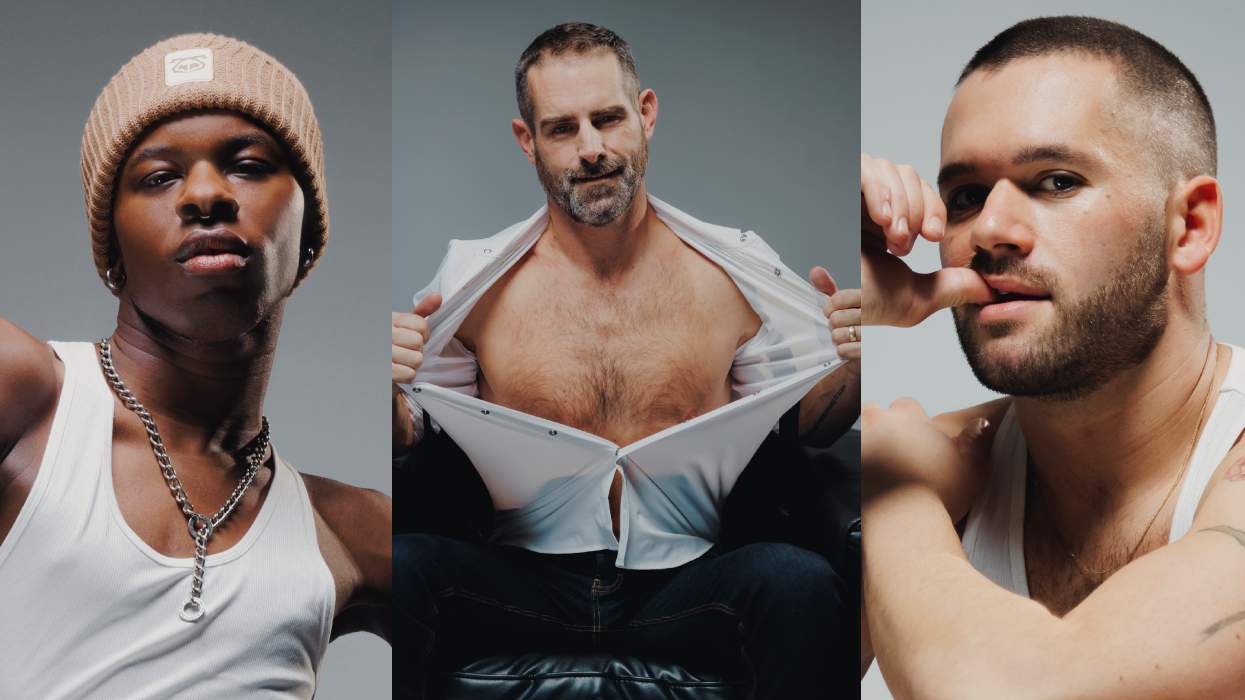
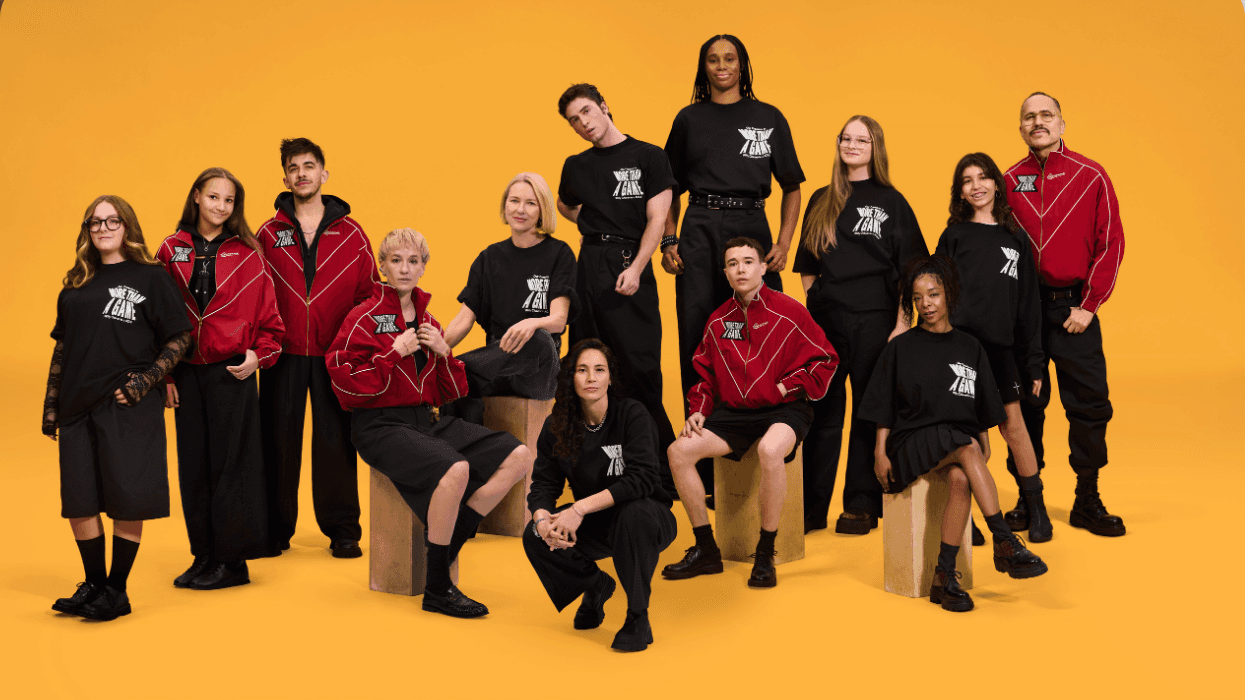
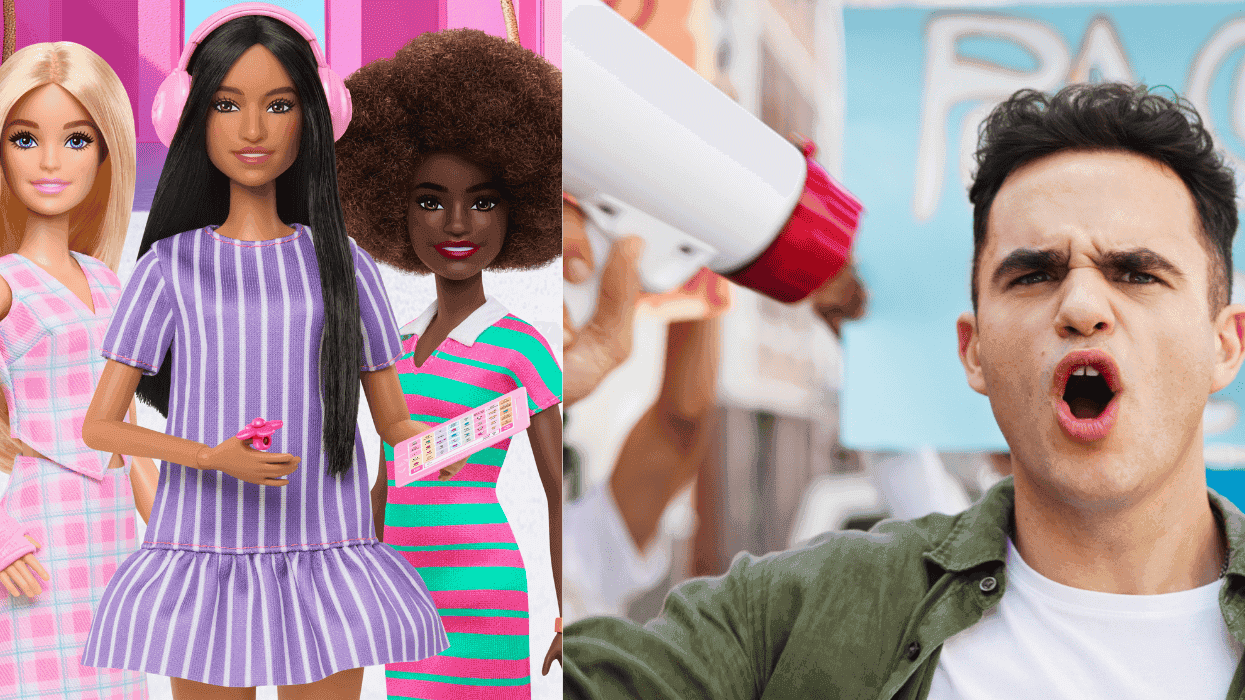
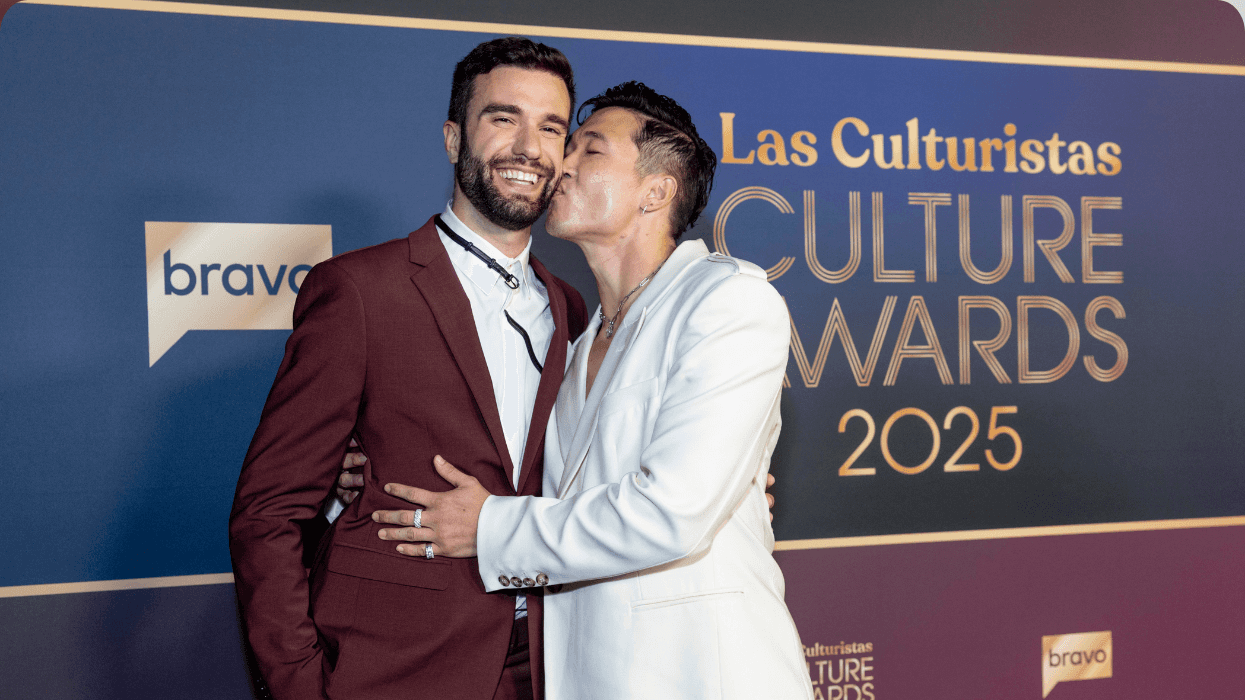
Jeffree Star slammed by Perez Hilton for ICE jokes
Jeffree Star at the 10 year anniversary celebration for Jeffree Star Cosmetics